Ontario court sides with Indigenous survivors of Sixties Scoop
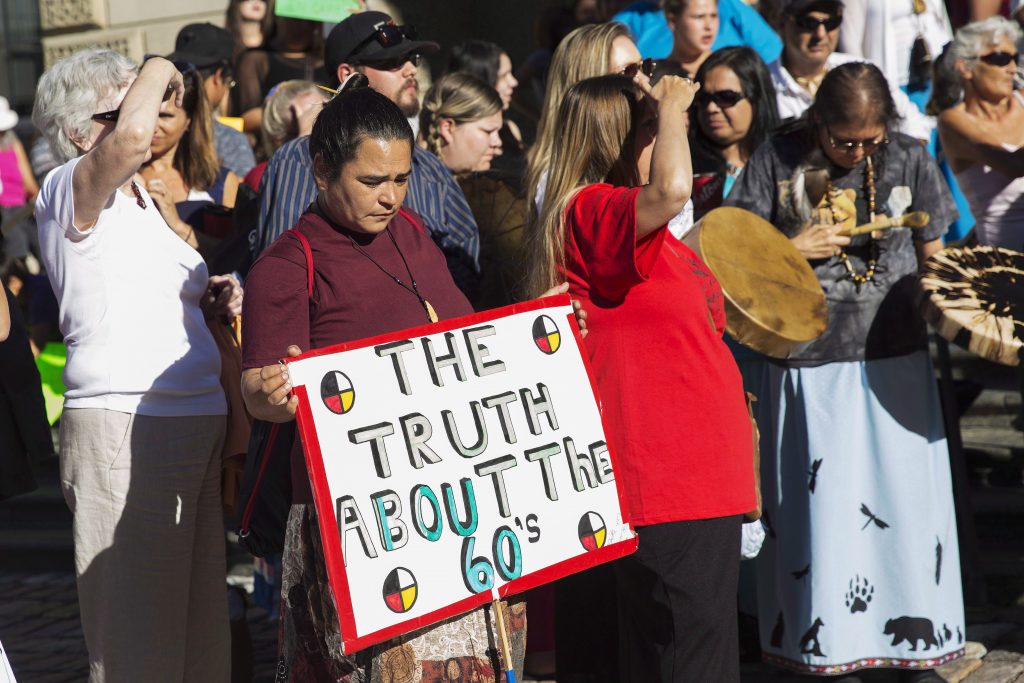
Canada failed in its obligations to thousands of Aboriginal children who were taken away from their parents and placed with non-Indigenous foster families during a campaign in the 1960s and 1970s known as the Sixties Scoop, an Ontario judge ruled Tuesday.
The federal government failed to take reasonable steps to ensure that the children who were forcibly removed from their families on Aboriginal reserves were able to hold on to their Indigenous heritage, Ontario Superior Court Justice Edward Belobaba ruled.
“Great harm was done,” Belobaba said. “The ‘scooped’ children lost contact with their families. They lost their [Aboriginal] language, culture and identity. Neither the children nor their foster or adoptive parents were given information about the children’s [Aboriginal] heritage or about the various educational and other benefits that they were entitled to receive. The removed children vanished ‘with scarcely a trace.'”
‘A gain for all of us’
The ruling in the eight-year-long and bitterly fought class action paves the way for determining how much in damages the government owes the survivors.
The plaintiffs are asking for $1.3 billion or $85,000 per each survivor.
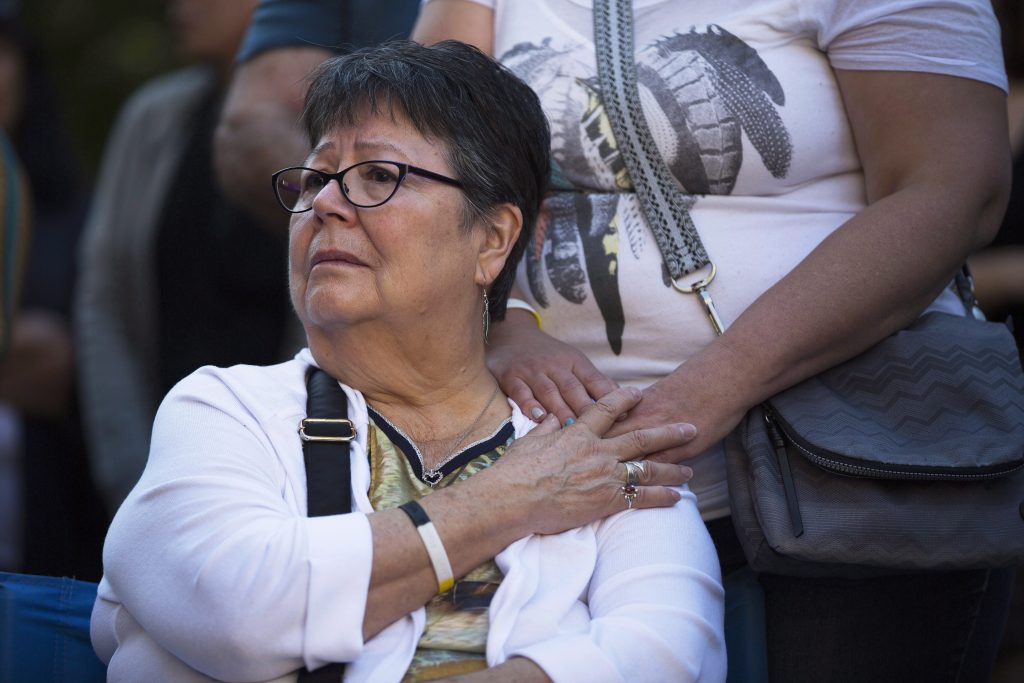
It’s believed at least 16,000 people in Ontario are affected by the ’60s Scoop.
“I feel like a great weight has been lifted from my heart,” the lead plaintiff in the Ontario action, Marcia Brown Martel, 53, said in a statement.
A member of the Temagami First Nation near Kirkland Lake, in northeastern Ontario, she was adopted by a non-indigenous couple as young child. When she returned to her community to reconnect with her roots at the age of 17, Brown Martel discovered the Canadian government had declared her original identity, Sally Susan Mathias, dead.
Now the chief of the Beaverhouse First Nation, Brown Martel sued the federal government in February, 2009.
“Our voices were finally heard and listened to. Our pain was acknowledged,” she said in the statement.
“I hope no one sees this as a loss for our government. It is a gain for all of us – a step forward and a step closer to reconciliation.”
Indigenous Affairs Minister Carolyn Bennett said Tuesday the government would “absolutely not” appeal the ruling, but would push to settle on monetary compensation out of court.
“What we hear from a lot of the claimants that it’s not just about the money,” Bennett said. “Money is important, but getting their language and culture back, making sure their children will be able to speak the language and be immersed in their culture – that is hugely important.”
Traumatic loss of identity
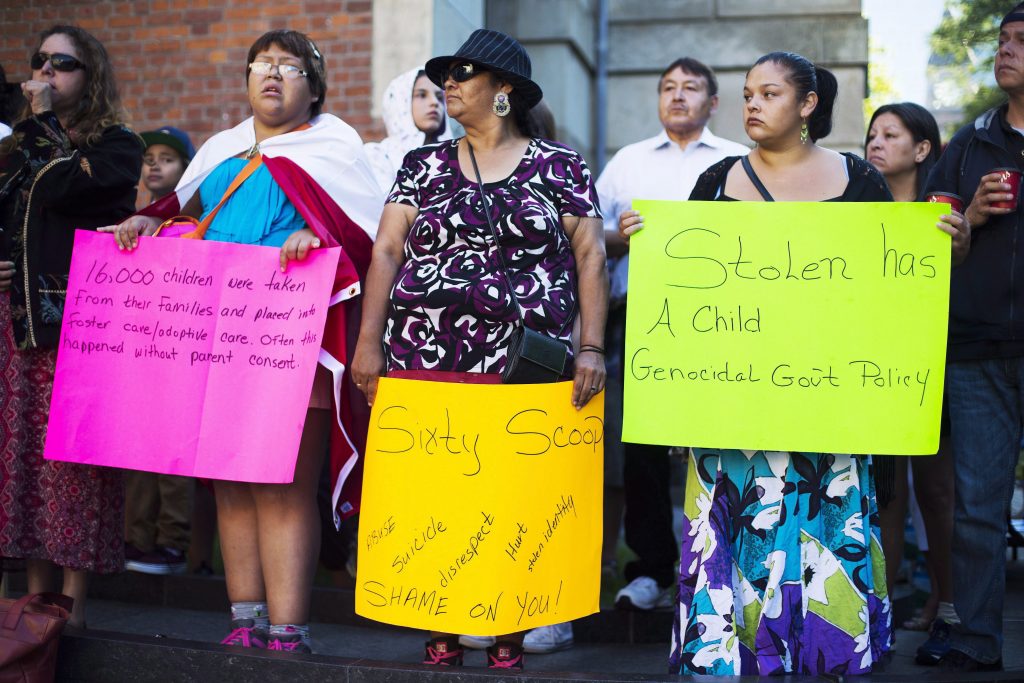
Belobaba wrote the plaintiff’s experts presented “uncontroverted evidence” that the loss of their aboriginal identity left the children fundamentally disoriented, with a reduced ability to lead healthy and fulfilling lives.
The loss of aboriginal identity resulted in psychiatric disorders, substance abuse, unemployment, violence and numerous suicides, according to psychiatrist Harvey Armstrong who submitted an affidavit to the court.
Belobaba agreed with the plaintiffs’ argument that Ottawa breached part of the 1965 agreement that required consultation with First Nations bands about the child welfare program.
‘Insulting submission’
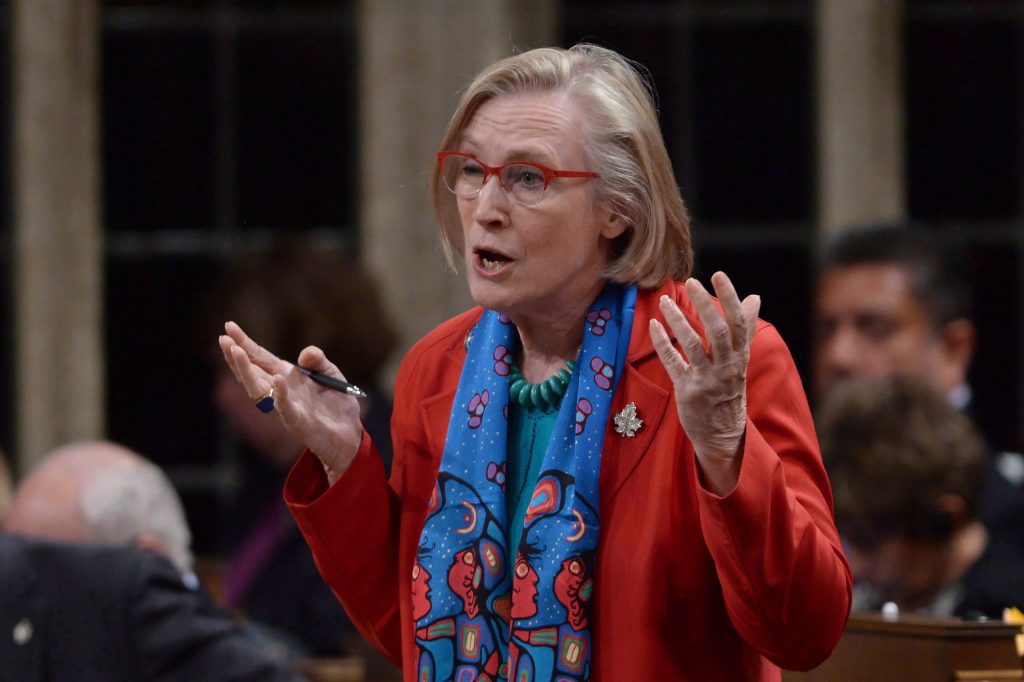
Belobaba ridiculed the government’s contention that consultation with the bands would not have made any difference to the children.
“This is an odd and, frankly, insulting submission,” Belobaba wrote. “Canada appears to be saying that even if the extension of child welfare services to their reserves had been fully explained to the Indian bands and, if each band had been genuinely consulted about their concerns in this regard, that no meaningful advice or ideas would have been forthcoming.”
Belobaba also dismissed the government’s argument that the 1960s were different times and that it acted with good intentions in line with prevailing standards and could not have foreseen the harm that might have been done to the children.
‘Debate best left to historians’
“The court is not being asked to point fingers or lay blame. The court is not being asked to decide whether the Sixties Scoop was the result of a well-intentioned governmental initiative implemented in good faith and informed by the norms and values of the day, or was, as some maintain, state-sanctioned ‘culture/identity genocide’ that was driven by racial prejudice to ‘take the savage out of the Indian children,’” Belobaba wrote. “This is a debate that is best left to historians and, perhaps, to truth and reconciliation commissions.”
The issue at hand is whether Canada can be found liable in law for the class members’ loss of Aboriginal identity after they were placed in non-Aboriginal foster and adoptive homes, the judge wrote.
“Canada is liable in law for breaching a common law duty of care to the class members,” Belobaba wrote. “This is not an issue that requires a trial.”
No federal apology yet
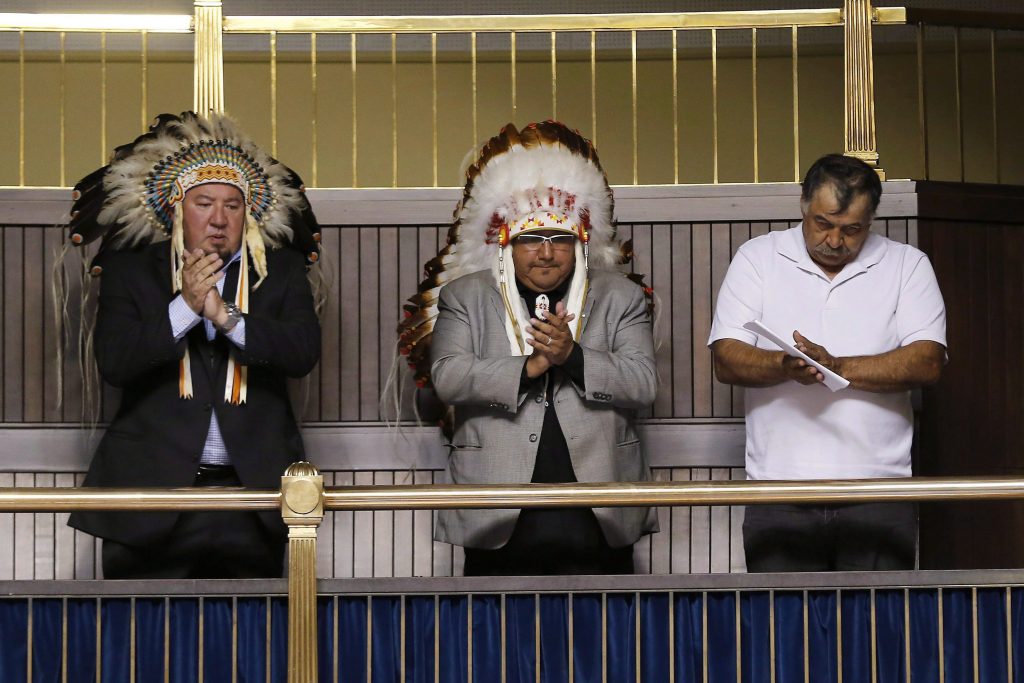
Similar class action lawsuits are moving through courts in other provinces as well.
The federal government has never formally apologized for the practice.
Manitoba is the only province to have issued a formal apology to survivors and Saskatchewan has promised to do the same.
“It was a practice that has left intergenerational scars and cultural loss,” Manitoba Premier Greg Selinger said in June 2015 in Winnipeg. “With these words of apology and regret, I hope all Canadians will join me in recognizing this historic injustice. I hope they will join me in acknowledging the pain and suffering of the thousands of children who were taken from their homes.”
Related stories from around the North:
Canada: Canadian government ignores calls for Inuk commissioner on inquiry into missing and murdered indigenous women, Eye on the Arctic
Finland: Sámi politician calls Finland “racist country”, Yle News
Greenland: What the EU seal ban has meant for Inuit communities in the Arctic, Eye on the Arctic
Sweden: Sami win case for rights to hunt, fish in Sweden, Radio Sweden
Russia: Indigenous Peoples activist detained in Moscow, Barents Observer
United States: Arctic conference spotlights indigenous issues, Alaska Dispatch News



